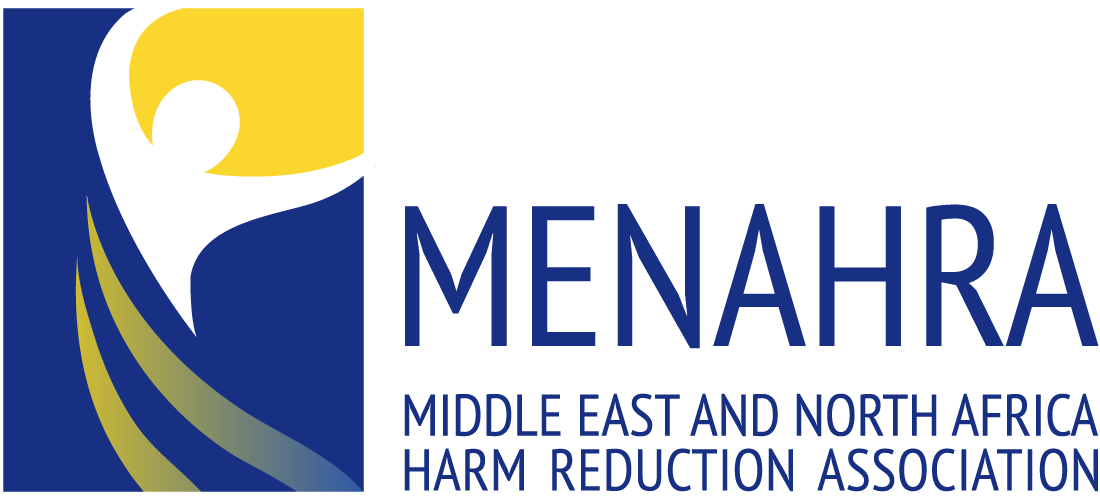Main Countries
Egypt, Jordan, Lebanon, Tunisia, Morocco, and Yemen
Date
Janvier 2023 – December 2023
Report Brief
Since the declaration of COVID-19 as a global pandemic on March 2020, health systems around the world have been fully absorbed in managing the emerging public health crisis leaving behind all other essential health services outside the COVID-19 circle of attention.
HIV and Harm reduction services were among those essential services that have been severely compromised in the context of the COVID-19 pandemic thus leaving millions of already marginalized key populations, such as PLHIV and PWUD with no/ limited access to essential health services.
In the MENA region, the pre-existing fragilities in HIV and harm reduction services coupled with lack of political commitment towards these services has further marginalized PLHIV and PWUD and limited their access to essential services during the COVID-19 pandemic.
According to a recent assessment conducted by MENAHRA in 2022 in six countries of the MENA region, HIV and harm reduction organizations focused only on the distribution of ARV and suspended all other essential HIV and harm reduction services. The same study also identified the gaps and challenges that hindered HIV and harm reduction organizations response to the COVID- 19 pandemic.
The experiences, adaptations and lessons learned from the six countries in their response to the COVID-19 pandemic is a great window of opportunity that can significantly contribute to building a new chapter for HIV and harm reduction services in the MENA region.
To that end, this report aims at identifying the cross-cutting challenges/gaps that have hindered HIV and harm reduction organizations readiness and response to the COVID-19 pandemic in Egypt, Jordan, Lebanon, Tunisia, Morocco, and Yemen.
This study employed the descriptive analysis research method to depict the cross-cutting variables that have influenced the countries preparedness and response to the COVID-19 pandemic based on the qualitative data that was previously gathered for the situational assessment and the EPP reports in the six countries.
The findings of the comparative analysis provided insights on several common challenges that have hindered HIV and harm reduction organizations response to the COVID-19 pandemic, including low political commitment, lack of emergency preparedness, limited collaboration and coordination among stakeholders, limited capacities of HIV and harm reduction organizations, and limited financial, human and physical resources.
To positively seize the lessons learned from the COVID-19 experience, the report also explores several common recommendations that were brought forward by the key stakeholders in the six countries for future focus to strengthen, protect, and sustain HIV and harm reduction services in the MENA region.
Main Topics
- Hiv
- Covid-19
- Hard Reduction
